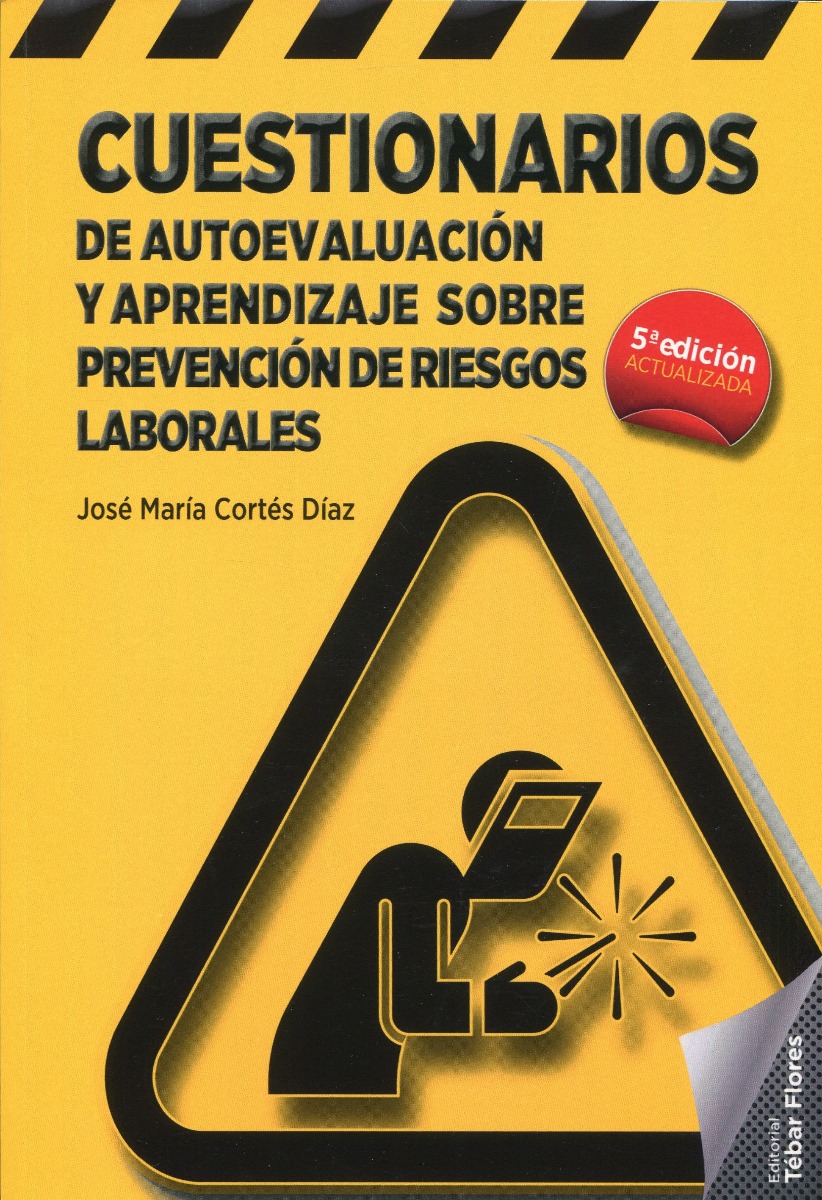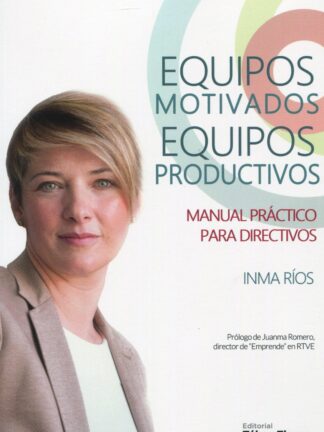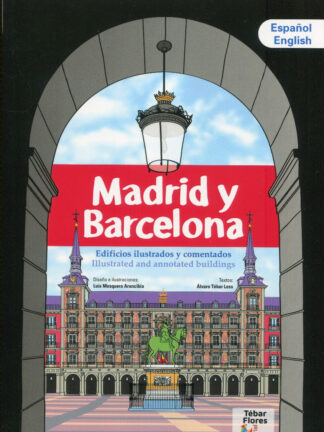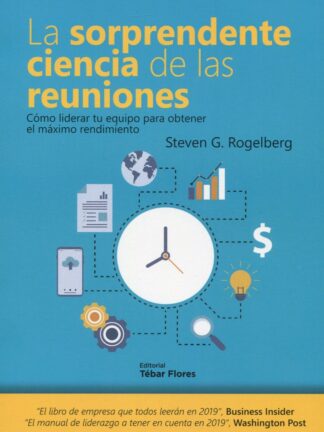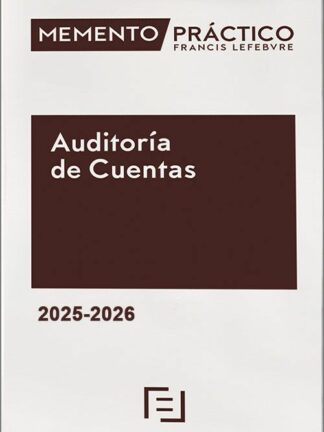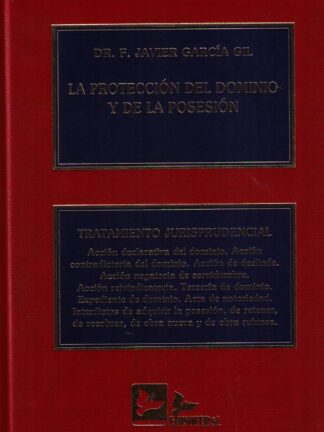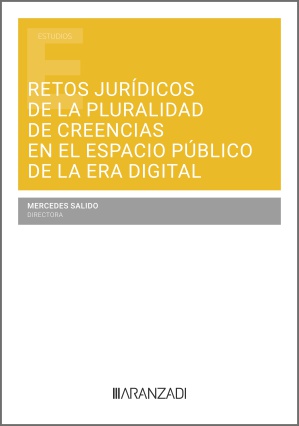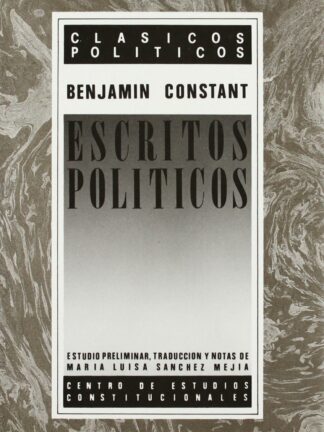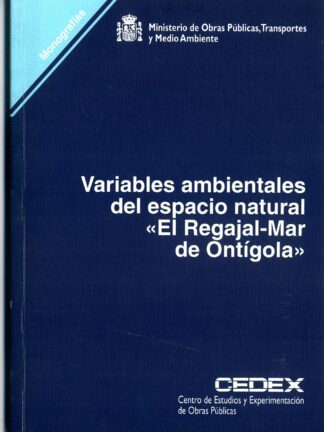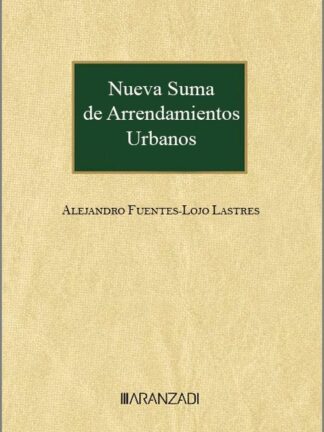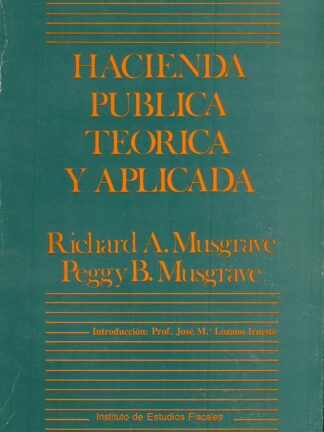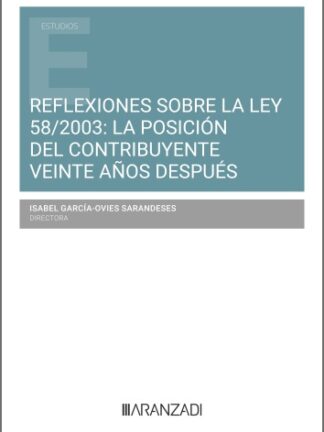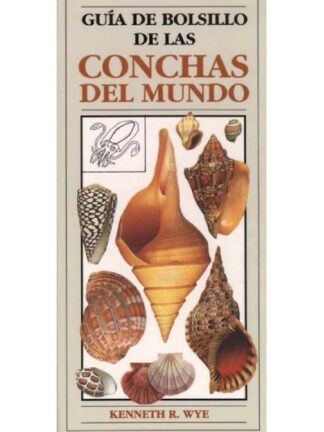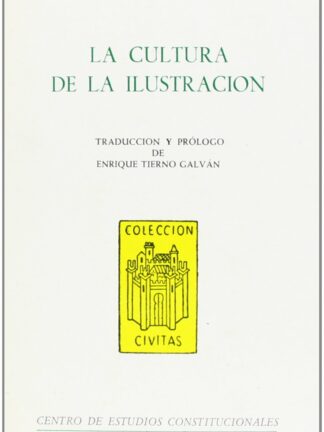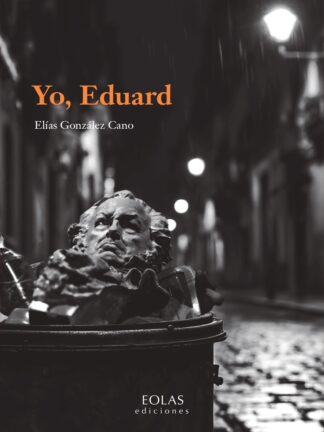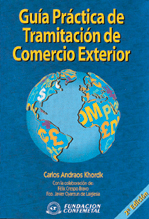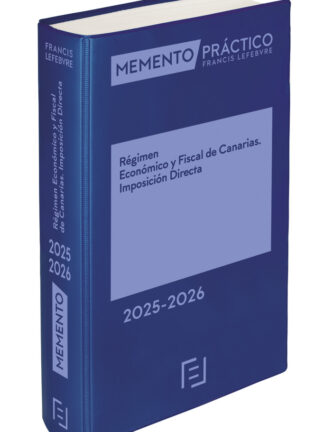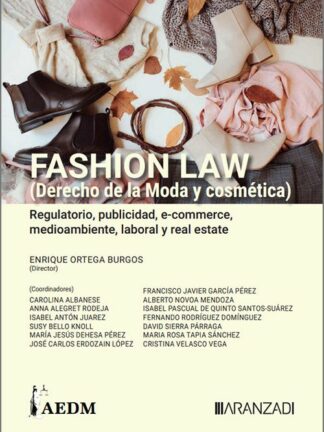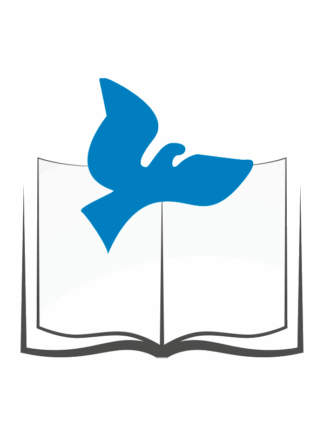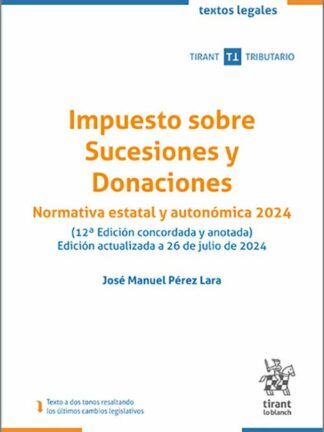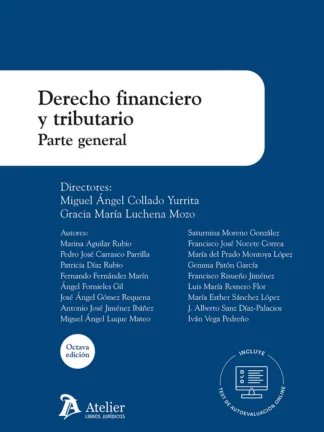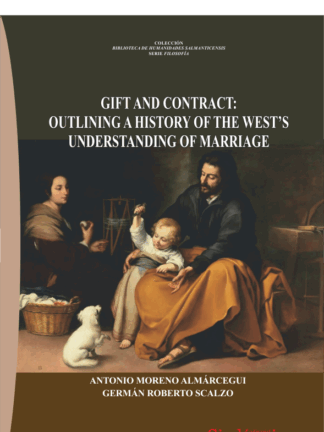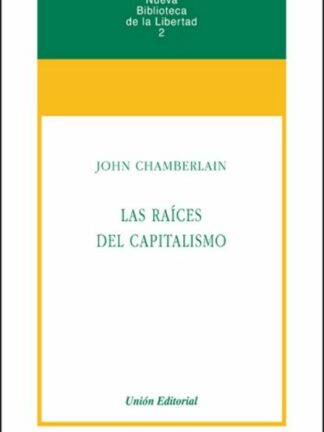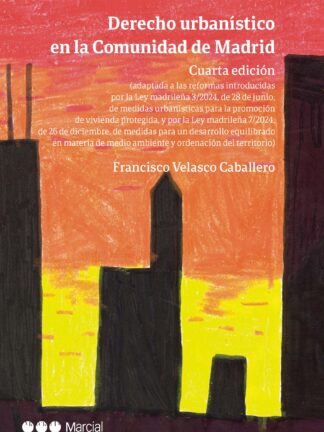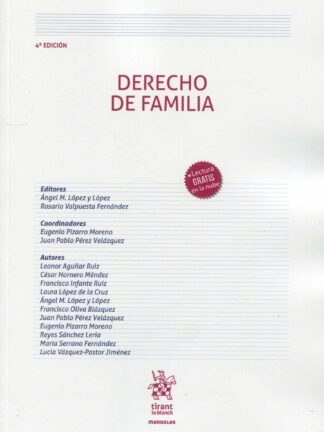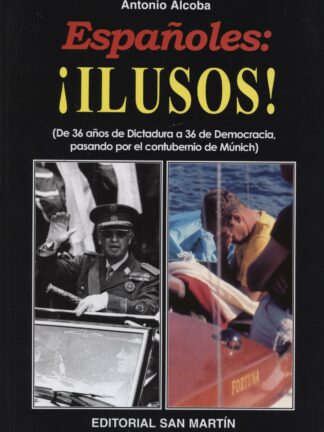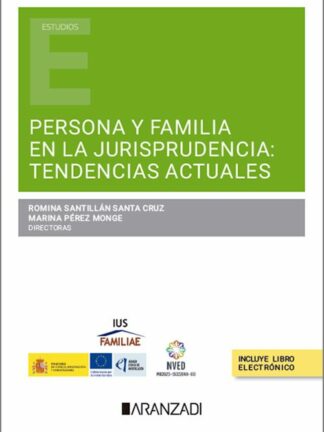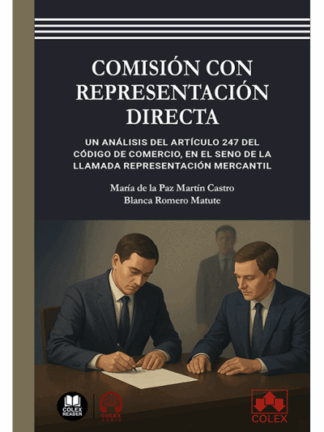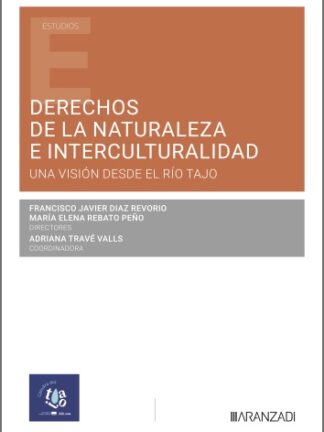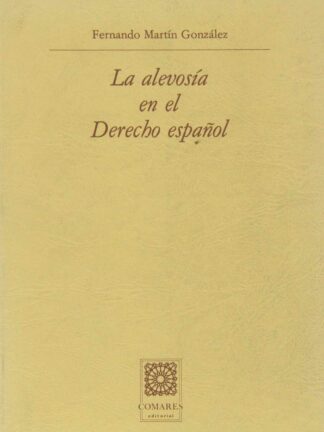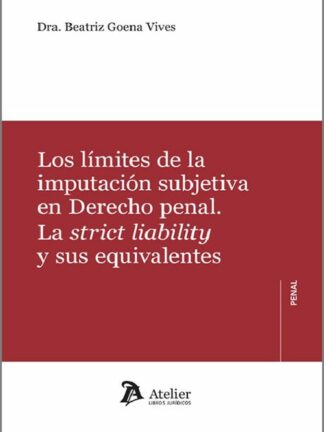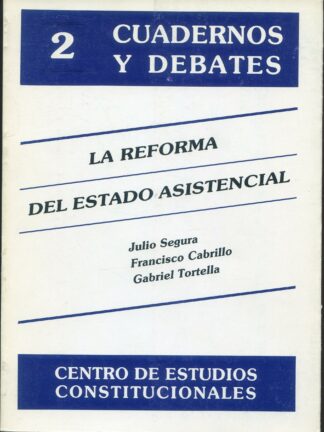Descripción
Cuestionarios de autoevaluación y aprendizaje sobre prevención de riesgos laborales
Como es habitual, la nueva edición de Técnicas de Prevención de Riesgos Laborales lleva asociada la publicación de su correspondiente texto de Cuestionarios de Autoevaluación y Aprendizaje sobre Prevención de Riesgos Laborales, que va ya por su 5ª edición. Al igual que con la teoría, el contenido de las 1.200 cuestiones y sus correspondientes respuestas que integran esta obra se ha revisado y actualizado para adaptarlo a la legislación vigente.
El objetivo es potenciar el aprendizaje autónomo mediante el acceso a los textos normativos más relevantes. No se trata, por tanto, de una mera formulación de preguntas relacionadas con la prevención de riesgos laborales. Sino de la aplicación de una metodología de autoaprendizaje secuencial fundamentada sobre los planteamientos teóricos de Técnicas de Prevención de Riesgos Laborales. La selección de las preguntas se ha actualizado con respecto a la anterior edición, y se ha tenido en cuenta que en su mayoría puedan ser contestadas por el alumno después de estudiar el tema correspondiente. También, se han incluido intencionadamente cuestiones con el fin de que el estudiante se vea obligado a consultar la bibliografía básica relativa al tema, pudiendo recurrir para ello a la nueva edición, la 6ª, de Marco Normativo de la Prevención de Riesgos Laborales.
Introduction: Placing the Past, Suzanne Conklin Akbari
– Part 1: Biography and Circumstances of Daily Life
1:Chaucer’s Travels for the Court, Peter Brown
2:Chaucer and Contemporary Courts of Law and Politics: House, Law, Game, Matthew Giancarlo
3:At Home in the ‘Countour-Hous’: Inhabiting Space on Chaucer’s Polyglot Dwellings, Jonathan Hsy
4:Labour and Time, Kellie Robertson
5:Books and Booklessness in Chaucer’s England, Alexandra Gillespie
6:The Role of the Scribe: Genius of the Book, Martha Rust
7:’Gaufred, deere maister soverain’: Chaucer and Rhetoric, James Simpson
· Part 2: Chaucer in the Mediterranean Frame
8:Anti-Judaism / Anti-Semitism and the Structures of Chaucerian Thought, Steven F. Kruger
9:’O Hebraic People!’ English Jews and the Twelfth-Century Literary Scene, Ruth Nisse
10:The Hazards of Narration: Frame-Tale Technologies and the Oriental Tale, Karla Mallette
11:Fictions of Espionage: Performing Pilgrim and Crusader Identities in the Age of Chaucer, Suzanne M. Yeager
· Part 3: Chaucer in the European Frame
12:Ovid: Artistic Identity and Intertextuality, Jamie C. Fumo
13:Chaucer and the Textualities of Troy, Marilynn Desmond
14:The Romance of the Rose: Allegory and Lyric Voice, David F. Hult
15:Challenging the Patronage Paradigm: Late-Medieval Francophone Writers and the Poet-Prince Relationship, Deborah McGrady
16:Dante and the Author of the Decameron: Love, Literature, and Authority in Boccaccio, Martin Eisner
17:Boccaccio’s Early Romances, Warren Ginsberg
18:Chaucer’s Petrarch: ‘enlumnyed ben they’, Ronald Martinez
19:Dante and the Medieval City: How the Dead Live, David L. Pike
20:Historiography: Nicholas Trevet’s Transnational History, Suzanne Conklin Akbari
· Part 4: Philosophy and Science in the Universities
21:Grammar and Rhetoric c. 1100-c. 1400, Rita Copeland
22:Philosophy, Logic, and Nominalism, Fabienne Michelet and Martin Pickavé
23:The Poetics of Trespass and Duress: Chaucer and the Fifth Inn of Court,, Eleanor Johnson
24:Medicine and Science in Chaucer’s Day, E. Ruth Harvey
25:Logic and Mathematics. The Oxford Calculators, Edith Dudley Sylla
· Part 5: Christian Doctrine and Religious Heterodoxy
26:Wycliffism and its After-Effects, Stephen E. Lahey
27:Anticlericalism’, Inter-clerical Polemic and Theological Vernaculars, o Kathryn Kerby-Fulton, Melissa Mayus, and Katie Bugyis
28:Chaucer as Image-Maker, Denise Despres
· Part 6: The Chaucerian Afterlife
29:Geographesis, or the Afterlife of Britain in Chaucer, Jeffrey Jerome Cohen
30:Vernacular Authorship and Public Poetry: John Gower, T. Matthew N. McCabe
31:Lydgate’s Chaucer, Anthony Bale
32:Dialogism in Hoccleve, Jonathan Newman
33:Old Books and New Beginnings North of Chaucer: Revisionary Reframings in the Kingis Quair and the Testament of Cresseid, Iain MacLeod Higgins
José María Cortés Díaz, es Doctor por la Universidad Politécnica de Valencia en Programa Oficial de Posgrado en Tecnologías para la Salud y el Bienestar, European Engineer Eur. Ing (European Federation of National Engineering Associations), Ingeniero Técnico Industrial (Universidad de Sevilla), Máster en Seguridad y Salud en el Medioambiente de Trabajo (Universidad Pontificia de Salamanca), Máster en Prevención de Riesgos Laborales (Universidad de Sevilla; Universidad Politécnica de Valencia) y Auditor de Sistemas de Prevención de Riesgos Laborales (Universidad de Jaén).

